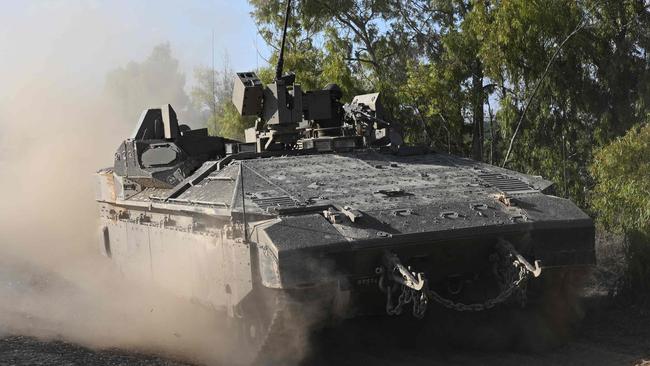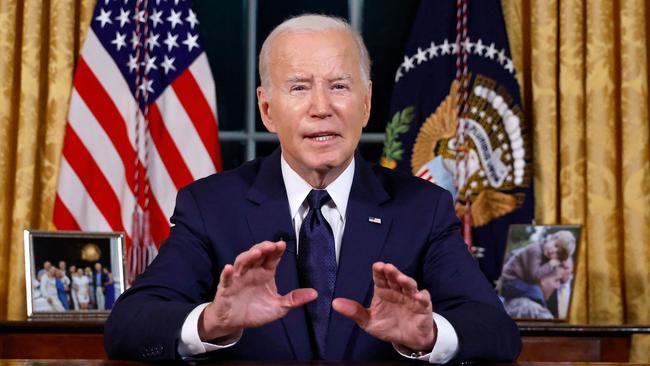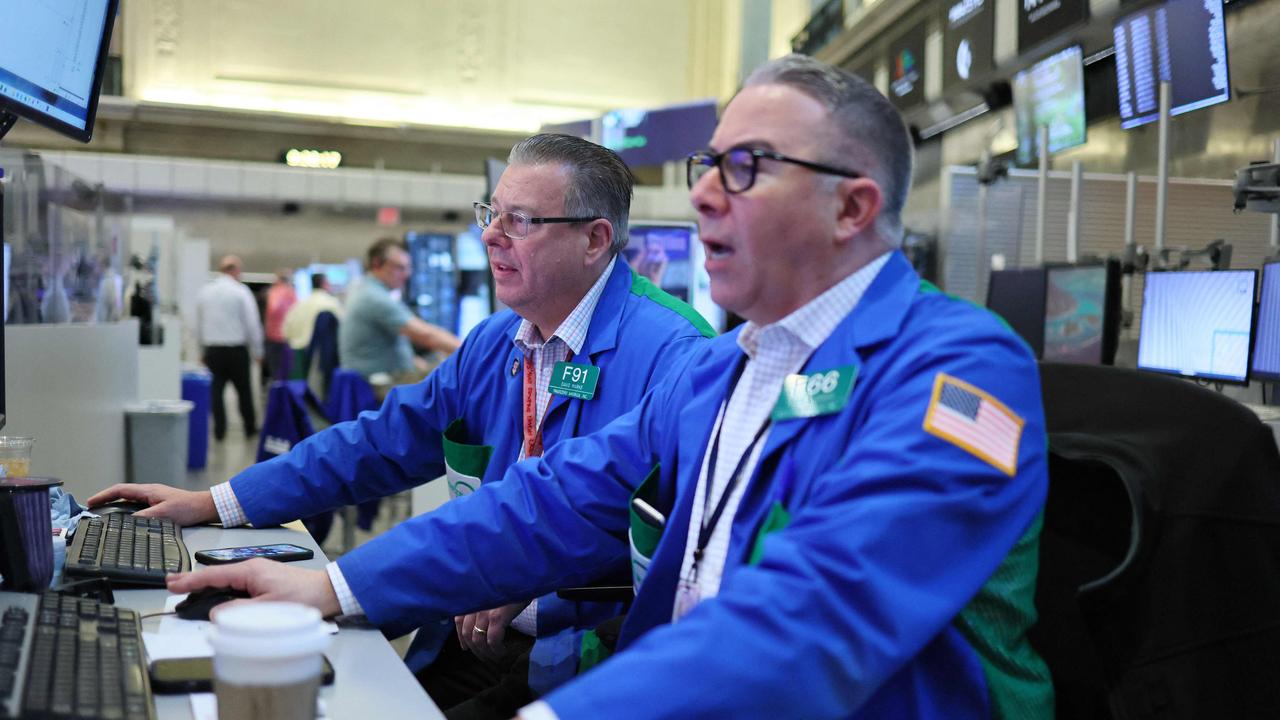Fear of an escalation in the Israel-Hamas war and the rising oil price has weighed on returns
Fears of an Israeli ground offensive into the Gaza Strip took their toll on markets as stocks and bonds fell, while oil prices surged.

Investment returns took a hit this week amid simultaneous falls in stocks and bonds.
Brent crude oil prices surged above $US93 a barrel, up more than 8 per cent in the past six days, as diplomatic efforts to contain the Hamas-Israel conflict faltered. At the same time, strong US economic data added to inflation risk, causing a sharp rise in bond yields that challenged equity valuations when investors were dealing with rising geopolitical risk in the Middle East.

After falling 1.2 per cent to 6900.7 points on Friday, the ASX 200 index was down 2.6 per cent in two days, its biggest two-day fall since early July. It was the lowest weekly close in 12 months.
A 2.1 per cent fall in the ASX 200 this week came alongside a 25 basis-point rise in Australia’s 10-year bond yield to 4.75 per cent, having hit a fresh 12-year high of 4.8 per cent.
“In the short term, the most significant factor driving weakness in equities is the fear of an Israeli ground invasion into the Gaza Strip,” Capital.com senior financial market analyst Kyle Rodda said.
Investors didn’t want to carry risk into the weekend when hostilities could erupt, he added.
S&P 500 futures fell 0.4 per cent in after-hours trading after CNN reported that a US warship intercepted multiple missiles and drones “potentially” aimed at Israel by Iran-backed Houthi militants. That followed a 0.9 per cent fall in the US shares benchmark on Thursday.
US President Joe Biden delivered an impassioned plea to Americans to unite behind support for Ukraine and Israel, in a rare address to the nation that linked the futures of the two besieged nations to “indispensable” US support, arguing their success was “vital for America’s national security”.
Although primarily about pressuring congress to fund military support for Israel and Ukraine, Mr Biden’s address gave “unequivocal support” to Israel.
More fundamentally, sharply higher bond yields are putting the squeeze on stocks by offering risk-free returns almost as high as the projected earnings yield available from risky shares. “It’s a challenging environment for stocks to rise when risk-free rates are this high,” Mr Rodda said.

The US 10-year Treasury bond yields surged almost 10 basis points to a 16-year high of 4.997 per cent on Thursday as Federal Reserve chairman Jerome Powell didn’t strongly push back against the recent rise in bond yields, even though he said the Fed was “proceeding carefully”.
The US 10-year bond yield slipped six basis points to 4.93 per cent in Tokyo.
“Powell indicated that the Fed is ‘attentive’ to stronger growth but also to the tightening in financial conditions flowing from higher bond yields and so it can proceed ‘carefully’ – implying no hike in November,” AMP head of investment strategy and chief economist Shane Oliver said.
“But because he didn’t push back against higher bond yields and said the Fed should let it ‘play out’ and that the neutral rate of interest may now be higher, it provided a green light for a further lift in the US 10-year bond yield.”
Macquarie Equities said the “challenge for stocks is not imminent US recession, but the rise in 10-year yields as interest rate cuts are priced out”. Macquarie’s Australian equity strategist, Matthew Brooks said: “By pushing up oil prices, the Middle East conflict has contributed to the up trend in yields that is pressuring equities.”

To manage the valuation risk to equities posed by rising yields on “safe” government bonds, Macquarie recently reduced the exposure of its model portfolio to so-called “bond proxies”, including GPT, ASX Limited, Transurban, Telstra, Goodman and APA, and defensives including Coles and Woolworths. It also increased the model’s exposure to financial companies including IAG, Suncorp and NAB, and up-weighted its resources sector exposure via BHP and ALS.
The Middle East conflict also presents a dilemma for central banks. If it escalates and drives a further sharp rise in oil and hence petrol prices, it will add directly to inflation, which could further boost inflation expectations, making it even harder to return inflation to target, something that RBA governor Michele Bullock had highlighted in the last week, noted AMP’s Dr Oliver.
“Unfortunately, the war in Israel provides even more parallels to the high-inflation 1970s,” Dr Oliver said.
“On the other hand, when monetary policy is already tight as it is now and household budgets are stretched higher, oil prices will act as a tax on spending and hence damage economic activity, adding to the already high risk of recession and ultimately driving lower inflation.
“Our leaning is more to the latter and so, in the words of Fed chair Powell, central banks including the RBA should proceed ‘carefully’ and stay in wait-and-see mode.”
It has been a rough ride for balanced fund investors so far this financial year as the local sharemarket has fallen about 4 per cent while the 10-year bond yield has risen about 75 basis points.
Offshore investors in Australian markets have fared worse with the dollar down 5 per cent.




To join the conversation, please log in. Don't have an account? Register
Join the conversation, you are commenting as Logout